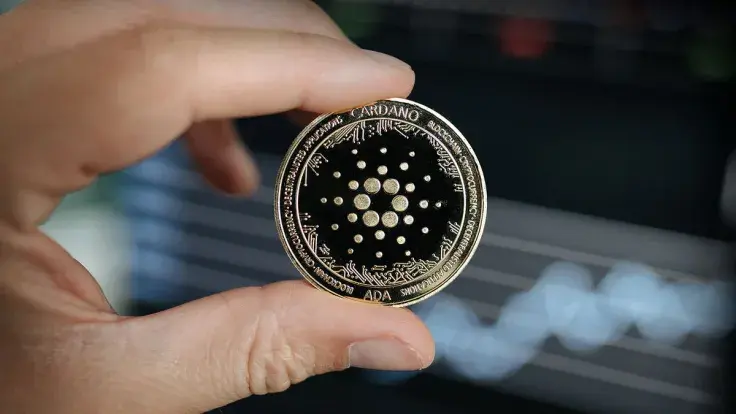
A Cardano (ADA) enthusiast known as "ADA Whale," author of the latest on Cardano education threads, shared the year-over-year inflation dynamics of Cardano's ADA supply. It looks like the coin is on its way to becoming scarcer.
Cardano (ADA) getting scarcer over years
Year-over-year (YoY) inflation of ADA, the core cryptocurrency of the Cardano (ADA) blockchain, is decreasing fast. Right now, at Cardano's (ADA) epoch 435, this indicator sits at 3.6%. Such estimations were shared by ADA Whale on X today, Sept. 11, 2023. This metric decreases over time, which is good for the long-term fundamentals of Cardano's (ADA) tokenomics.
Also, the enthusiast mentioned that 25 epochs ago, this indicator was at 3.9%. One hundred twenty-five (125) epochs ago, ADA's YoY inflation was almost 45% higher than today.
On the Cardano (ADA) blockchain, one epoch is equal to five days. As of today's epoch, out of 36.1 million ADA (the total supply of the token), only 62.4% is staked in staking pools, according to Cardano Countdown analytical portal.
As covered by U.Today previously, Cardano (ADA) supporters highlight that its scarcity drops faster as Bitcoin's (BTC) drops. Unlike its major rival Ethereum (ETH), the ADA coin has a finite total supply.
"Quiet halving nobody talks about"
Followers of ADA Whale are excited about these dynamics. Some of them compared inflation reduction to the effects of Bitcoin (BTC) halving, periodic emission cuts, on Bitcoin-like proof-of-work (PoW) blockchains:
Cardano has halvening every 5 years, but its happening every epoch by a little amount so you dont feel it...The majority doesnt even know this hidden feature in Cardano.
Cardano (ADA) is the second-largest proof-of-stake (PoS) blockchain. ADA holders can delegate their coins to preferred staking pool operators, or SPOs. In staking pools, users can get additional rewards in core tokens associated with these pools, besides ADA payouts.
Cardano (ADA) implemented a number of mechanisms to make its staking process resistant to whale domination. Simply put, once this or that pool becomes too large, staking with it becomes unprofitable.
 Vladislav Sopov
Vladislav Sopov Dan Burgin
Dan Burgin